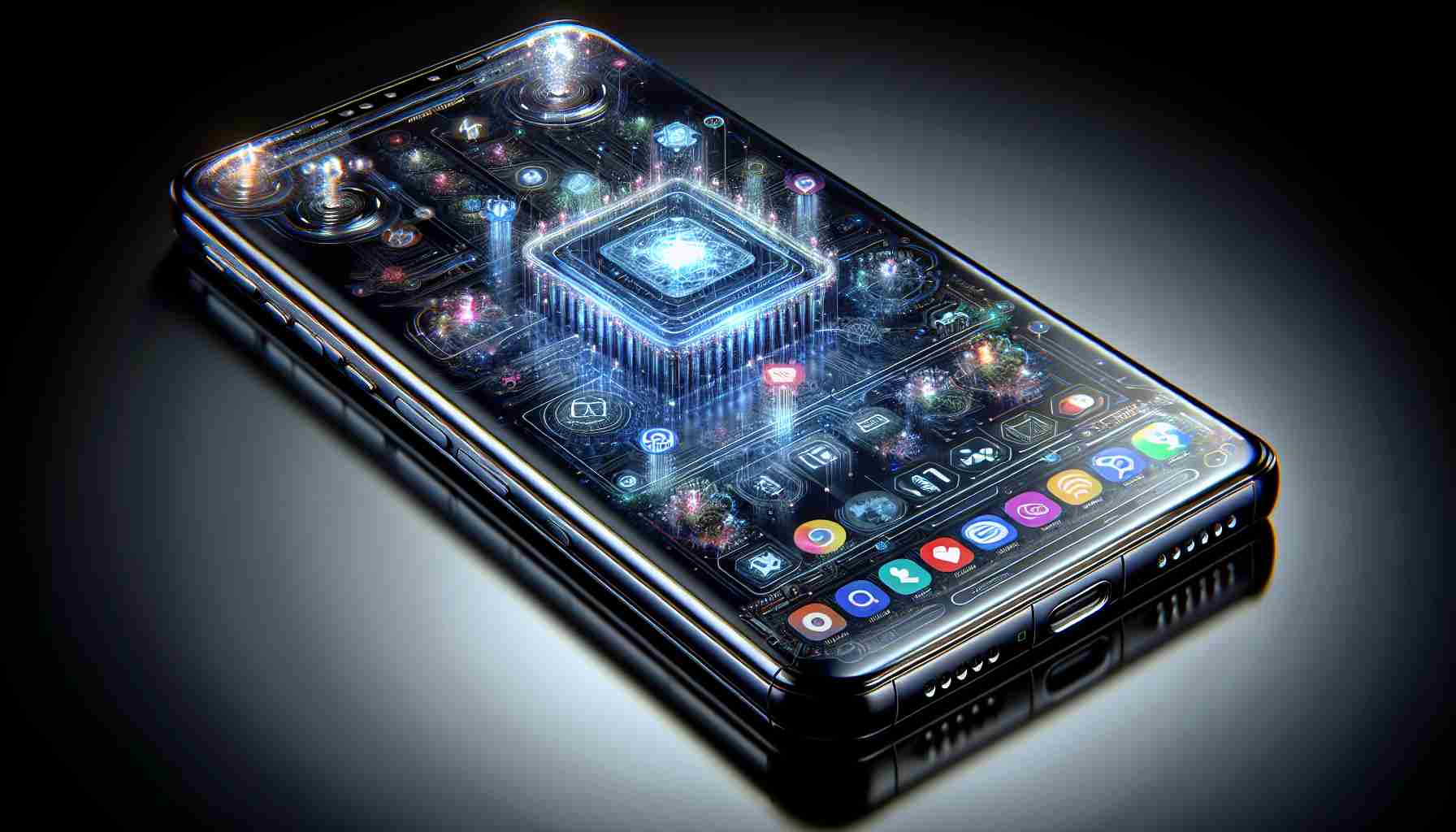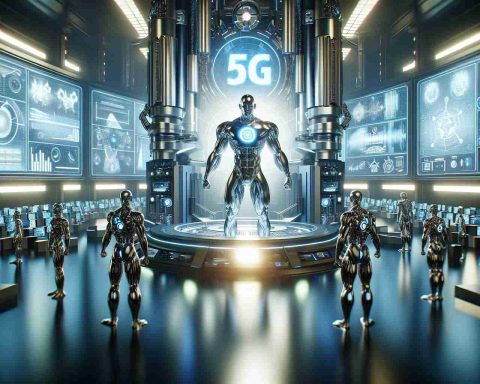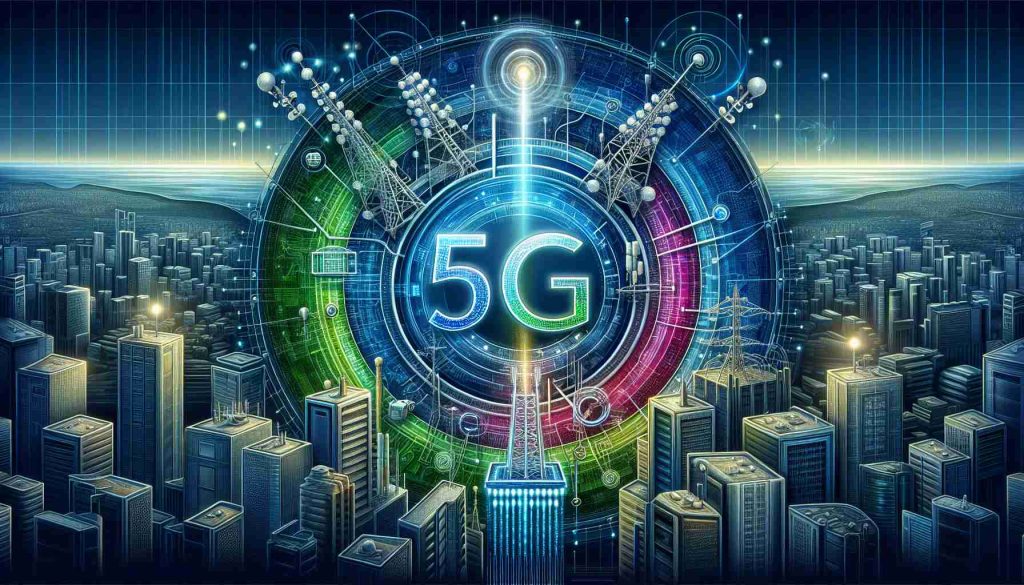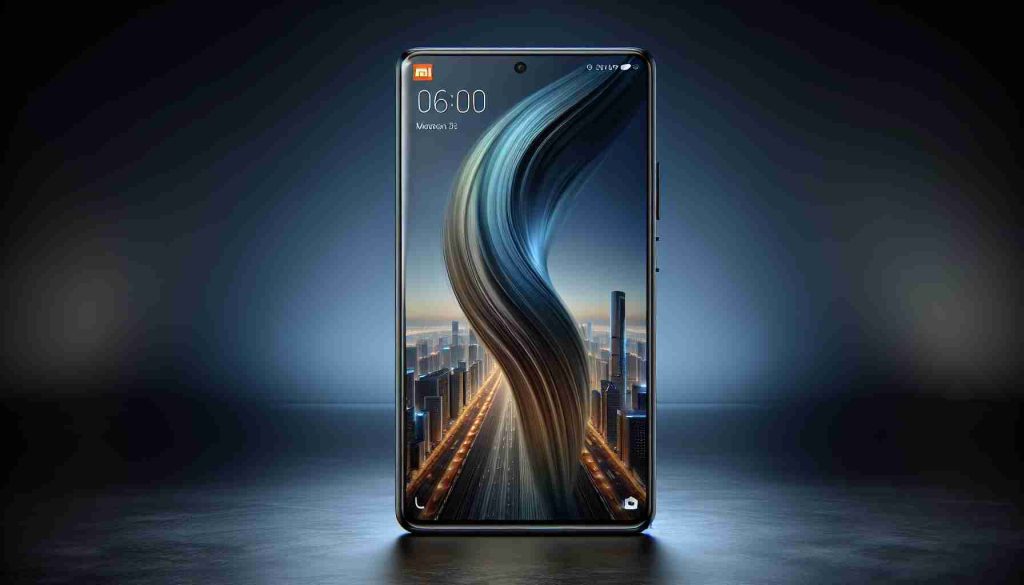When Apple introduced the world to the iPhone in 2007, it was more than just a revolutionary gadget – it was a catalyst for change. The iPhone quickly became a symbol of innovation, altering the way we communicate, work, and play. Today, with a staggering 42 models released, it stands as one of the best-selling products in history, a testament to its enduring appeal and groundbreaking features.
From its early days as a newcomer in the smartphone market, the iPhone faced skepticism from investors and the tech community. Initial sales were underwhelming, leading some to believe that Apple’s bold venture was doomed from the start. However, the introduction of the App Store in 2008 transformed the iPhone’s trajectory. This game-changing platform gave birth to a myriad of applications, expanding the phone’s capabilities beyond mere communication. The success of the App Store paved the way for a wave of new tech companies, propelling the iPhone to unprecedented heights. By 2011, Apple had sold over 50 million units, solidifying its status as a dominant player in the industry.
The launch of the App Store not only set the iPhone apart from its competitors but also redefined the standard for smartphone functionality. The ability to personalize the user experience with a vast array of apps for productivity, entertainment, and more sparked a surge in iPhone sales. This innovation not only empowered consumers but also fostered a vibrant ecosystem for developers. By 2015, Apple was selling over 200 million iPhone units annually, with the App Store serving as a crucial pillar of its success.
Apple’s vision for the iPhone went beyond the device itself. The company strategically built an integrated ecosystem that includes services like iCloud, Apple Music, and the Apple Watch. This approach has cultivated a strong sense of user loyalty while making it difficult for competitors to disrupt Apple’s market position. As it looks to the future, Apple is exploring new frontiers in technology, with a particular focus on machine learning and artificial intelligence. By seamlessly integrating these advancements into its ecosystem, Apple aims to maintain its competitive edge.
The iPhone’s journey from a revolutionary concept to a global phenomenon showcases Apple’s unwavering commitment to innovation and its profound impact on the tech industry. As it continues to evolve, the iPhone will undoubtedly shape the way we interact with technology and each other, shaping the future of communication and computing. With over 2.3 billion units sold and a prominent position in the smartphone market, the iPhone’s legacy as a transformative product is secure. However, its story is far from over, with countless chapters yet to be written.
FAQ:
1. What was the impact of the iPhone on the tech industry?
The iPhone was a catalyst for change, altering the way we communicate, work, and play. It introduced innovation and groundbreaking features, and became one of the best-selling products in history.
2. How did the introduction of the App Store shape the iPhone’s trajectory?
The App Store, launched in 2008, expanded the iPhone’s capabilities beyond mere communication. It gave birth to a myriad of applications, personalizing the user experience and sparking a surge in iPhone sales.
3. What services are included in Apple’s integrated ecosystem for the iPhone?
Apple strategically built an integrated ecosystem that includes services like iCloud, Apple Music, and the Apple Watch. These services contribute to user loyalty and make it difficult for competitors to disrupt Apple’s market position.
4. What new frontiers is Apple exploring for the iPhone’s future?
Apple is exploring new frontiers in technology, particularly in machine learning and artificial intelligence. The goal is to seamlessly integrate these advancements into the iPhone’s ecosystem and maintain a competitive edge.
Key Terms/Jargon:
– App Store: An online platform introduced by Apple in 2008 that allows users to download and install applications for their iPhone.
– Ecosystem: A system of interconnected elements, in this case, referring to the integrated services and products provided by Apple for the iPhone.
– iCloud: A cloud storage and synchronization service provided by Apple, allowing users to store and access their data across multiple devices.
– Apple Music: A music streaming service provided by Apple, offering a vast library of songs and personalized playlists.
– Apple Watch: A smartwatch developed by Apple, offering various features and functionalities beyond traditional timekeeping.
Related Links:
– Apple Official Website
– iPhone on Apple’s Website
– App Store on Apple’s Website
The source of the article is from the blog papodemusica.com








